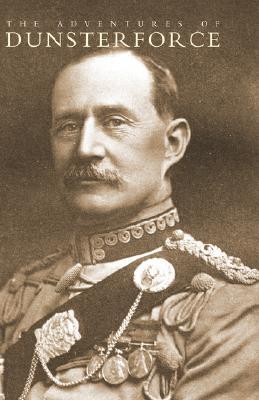What do you think?
Rate this book


380 pages, Paperback
First published September 1, 2007
Many of my officers were South Africans who wore the two medals for 1899-1902, and it was amusing to observe their startled expressions when they came into the saloon to report and were confronted with this striking portrait.
A British General on the Caspian, the only sea unploughed before by British keels, on board a ship named after a South African Dutch president and whilom enemy, sailing from a Persian port, under the Serbian flag, to relieve from the Turks a body of Armenians in a revolutionary Russian town.